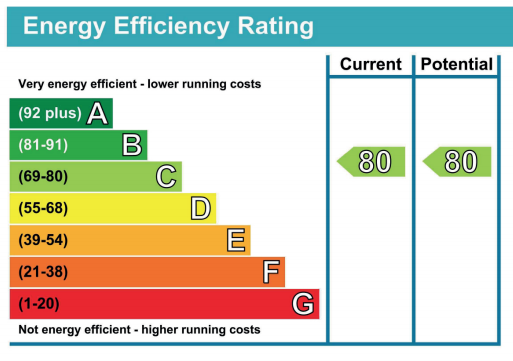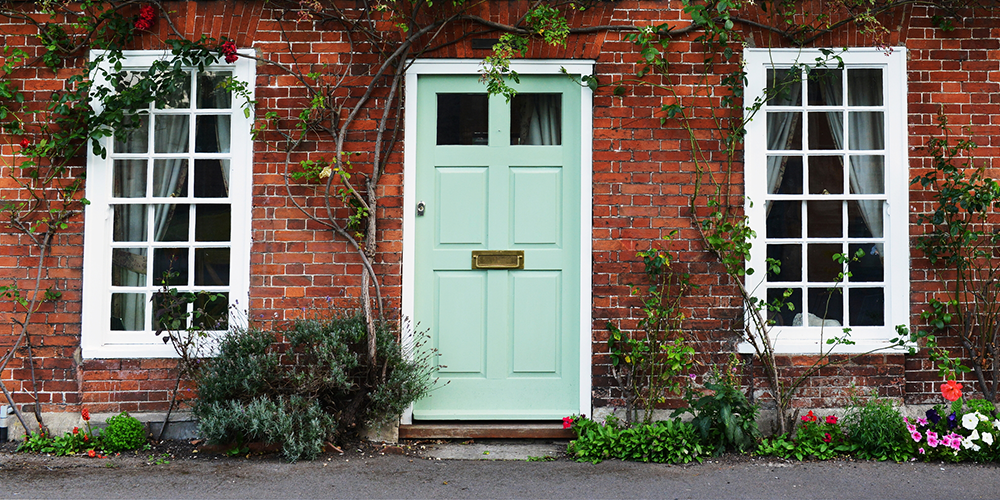Why Professional Property Management is Key in Liverpool’s Busy Rental Market
Liverpool’s rental market is booming. With its huge student population, thriving professional sector, and ongoing regeneration projects, demand for rental homes in the city is stronger than ever. For landlords, this is fantastic news — but it also brings challenges.
Managing a property in a busy city like Liverpool is time-consuming, legally complex, and, at times, stressful. But professional property management offers landlords a way to protect their investment, reduce workload, and boost profitability. This guide explores why using a property management service in Liverpool is often the smartest move a landlord can make.
The Demands of Self-Managing a Rental Property
At first glance, managing your own property may seem straightforward: find tenants, collect rent, and handle maintenance. But in reality, self-managing involves much more:
- Marketing: Creating listings, handling enquiries, and organising viewings.
- Referencing: Conducting thorough tenant checks to avoid arrears and disputes.
- Legal Compliance: Ensuring safety certificates, deposit protection, and right-to-rent checks are all in order.
- Repairs and Maintenance: Dealing with emergency callouts, finding reliable contractors, and keeping tenants happy.
- Rent Collection: Chasing late payments and managing arrears.
- Inspections: Regularly checking the property’s condition.
- End-of-Tenancy: Handling deposit disputes, cleaning, and finding new tenants quickly.
For landlords with other jobs, families, or larger portfolios, this quickly becomes overwhelming.
Legal Compliance: The Biggest Risk for Landlords
One of the greatest challenges in today’s rental market is compliance. That is why laws are updated regularly, and missing just one requirement can have costly consequences.
Examples include:
- Failure to protect a deposit in a government scheme can result in fines of up to three times the deposit amount.
- Missing gas or electrical safety checks can lead to prosecution.
- Serving the wrong paperwork can invalidate an eviction notice.
Professional property management ensures landlords remain compliant at all times, avoiding fines and protecting their rights.
How Professional Property Management Helps Landlords
1. Tenant Sourcing and Referencing
Agents advertise properties widely, reaching more potential tenants. They also conduct full background checks to ensure reliability, reducing the risk of arrears.
2. Rent Collection and Financial Management
With established systems, letting agents ensure rent is collected on time. Many also provide detailed statements, making tax returns simpler for landlords.
3. Maintenance and Repairs
Property managers have access to trusted local contractors. This not only speeds up repairs but often reduces costs compared to landlords arranging them independently.
4. Routine Inspections
Agents carry out regular property inspections to ensure homes are being cared for and to spot issues before they escalate.
5. End-of-Tenancy Management
From organising checkouts to handling deposit disputes and re-letting properties quickly, this means agents minimise costly void periods.
Why Property Management is Essential in Liverpool
Liverpool’s market is unlike many others, with its:
- High student population creates frequent turnover and the need for careful management of HMOs.
- Large number of young professionals seeking high-quality yet modern rental homes.
- Busy regeneration areas where rental demand is high but competition between landlords is fierce.
In such a fast-paced environment, landlords who self-manage often struggle to keep up, however, professional management ensures properties remain competitive and profitable.
The Financial Case for Professional Management
Some landlords hesitate to use management services due to fees. But in practice, management often pays for itself — and more:
- Reduced Voids: Properties are marketed and let faster, avoiding costly empty months.
- Higher Rents: Agents know local market trends and can advise landlords on when to increase rents.
- Lower Costs: Established contractor networks often secure cheaper repair rates.
- Avoiding Fines: Compliance ensures landlords don’t face costly penalties.
Even one avoided void month or fine can cover the cost of management fees for the year.
Peace of Mind for Landlords
Beyond money and time, professional property management provides something just as valuable: peace of mind, allowing landlords to step back knowing their properties are being cared for, tenants are being managed, and compliance is being covered.
This allows landlords to focus on growing their portfolio or simply enjoying the passive income their properties generate.
Final Thoughts
Liverpool’s rental market is thriving, but with growth comes complexity. Landlords face high tenant turnover, complex legislation, and increasing competition but with professional property management offers the expertise, systems, and local knowledge needed to stay ahead.
By outsourcing the day-to-day responsibilities, landlords not only save time and reduce stress but also maximise profits and long-term portfolio growth.
Want to take the stress out of being a landlord in Liverpool? Click here to get the support you need!
Header Image: Liverpool Waterfront 202106 by Phil Nash, licensed under CC BY-SA 4.0.






